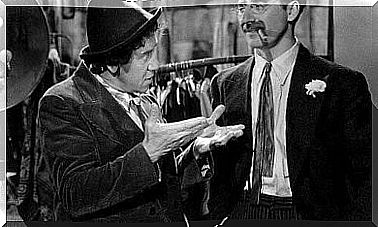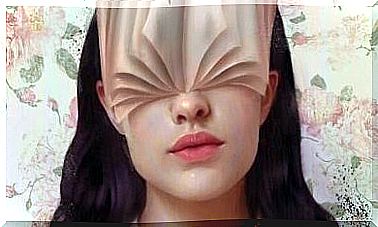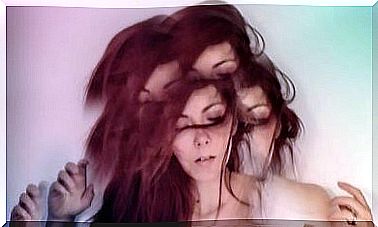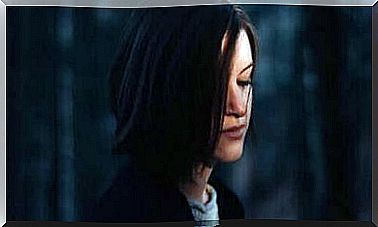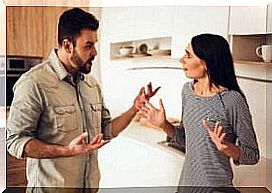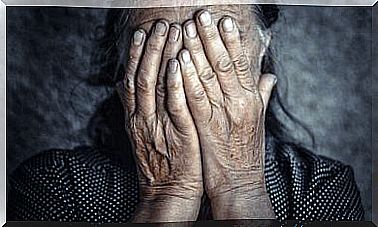Let Yourself Be Loved, Because Beautiful Love Does Not Hurt
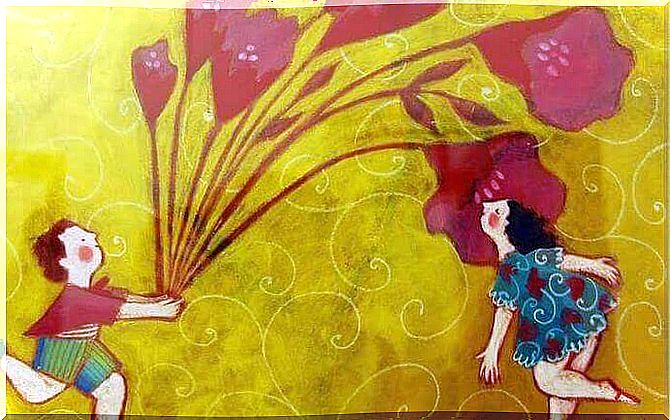
Let yourself be loved, for love that is beautiful and genuine does not hurt, betray or know tears.
The love that is worth joy is that which is offered with eyes wide open and hearts aflame.
It is a mature, conscious relationship where the voids are not filled and the lonely egoists do not relieve themselves.
If we think about this for a moment, we realize how deeply the idea of “who loves you will make you suffer” is ingrained in our popular culture when it is completely wrong.
Pain and love are two very different things, because the sincere relationship based on reciprocity will never have in its composition a toxic or poisonous additive.
Allow people to love you as you deserve, for my love does not hurt, and love that is real is always worth joy, never sorrow.
John Gottman is one of the foremost specialists in couples’ relationships. In one of his books “How to make a couple last?”, He explains to us that the secret for a relationship to be lasting and happy is the following: knowing how to offer yourself.
With this idea, the professor of psychology at the University of Washington emphasizes the need to listen to each other, to show sincere interest in each other and above all, to create shared meanings and values.
Pain, therefore, has no place in this type of relationship. In this article, we invite you to think about that.
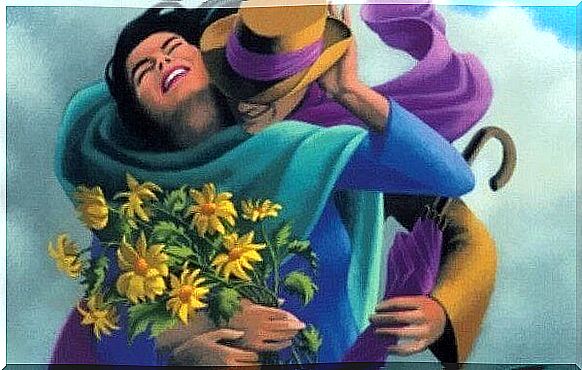
Lack of love and its imprint on our brain
One of the most notable characteristics of those people who are successful in establishing a relationship based on respect, joy and fulfillment is that they are able to love as if they had never been hurt before, without ever permeating this new couple with the possible pain experienced in previous relationships. There is neither mistrust nor bitterness.
But we also find profiles who are convinced that love hurts, because their past experiences have confirmed them.
We are of course talking about disenchantment. In fact, according to a study published in the journal “ Journal of Neurophysiology” , when faced with an emotional breakdown or disappointment, our brain reacts in the same way as when faced with physical pain.
To deal with such delicate situations, an approach based on relational neurobiology is developing today.
The main point of this theory is the idea that our brain, thanks to neuroplasticity, is able to heal “these wounds”.
If we were able to rebuild new tissue and further strengthen those neural links affected by the pain of emotional trauma, we would undoubtedly achieve a healthier inner balance.
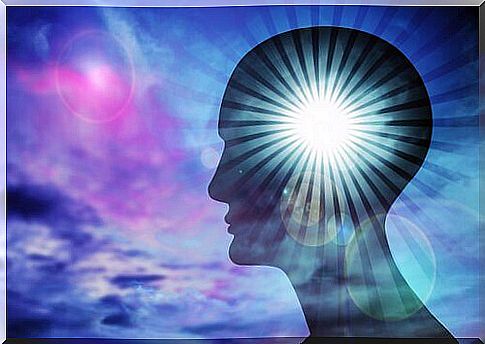
The theory of “Interpersonal Neurobiology” (IPNB) was developed by psychiatrist Dan Siegel.
According to the author, the best way to heal these neural circuits affected by defenselessness and grief after sentimental failure is through meditation.
Fostering a state of calm where we reconnect with ourselves is a very suitable way of finding that point of balance where understanding that what hurts is not love in itself, but rather our actions and reactions, e
The beautiful love, the one who does not hurt and who does not know tears
What hurts is disenchantment and never LOVE in capital letters. What extinguishes and makes sad is the lost battle, the fatigue of a heart fallow, empty of hope.
We no longer trust the “I promise I will change” or “I’m sure things will be different from now on”.
I love a love of this nature, with knowing looks, full words, a humble heart and shared paths.
We must categorically refuse if we are offered a love that tastes like tears.
Let no one come and convince us that real learning in life comes with suffering and that we must all experience it in order to be able to be reborn, and to be truly born.
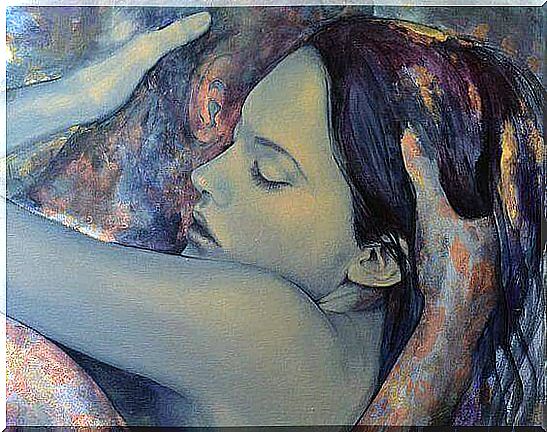
Happiness also teaches a lot. Because in love in capital letters, there are no hurtful accents, nor lowercase letters loaded with ego, fears or mistrust.
Tenderness that is beautiful does not hurt and does not seek to hurt. If at some point a faint smile and a low gaze appear, the loving person will seek the reason for this cloud and immediately chase it away.
As Erich Fromm reminded us, love is above all an act of faith. We could also see it as a leap into the void, where even if no one assures us that everything is going to be okay, we do not hesitate to take risks, and to always offer the best of ourselves to give and receive. .
To bring happiness, never sorrow.
